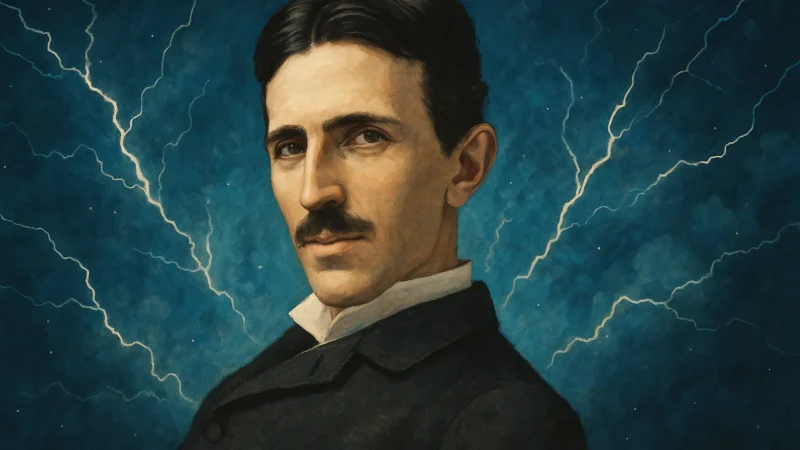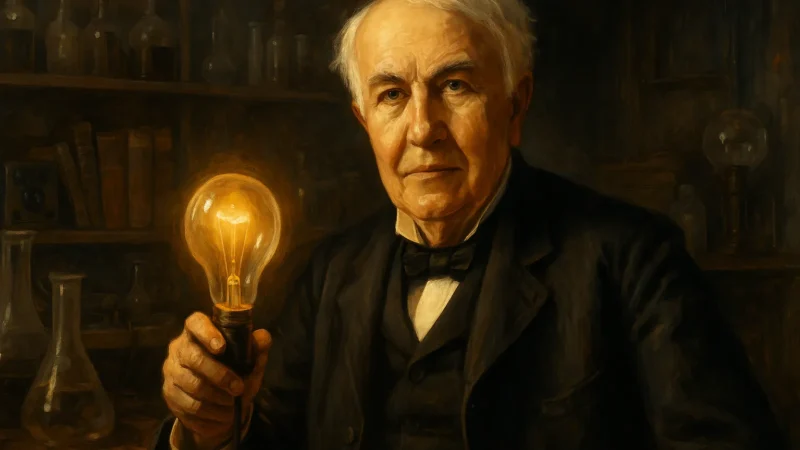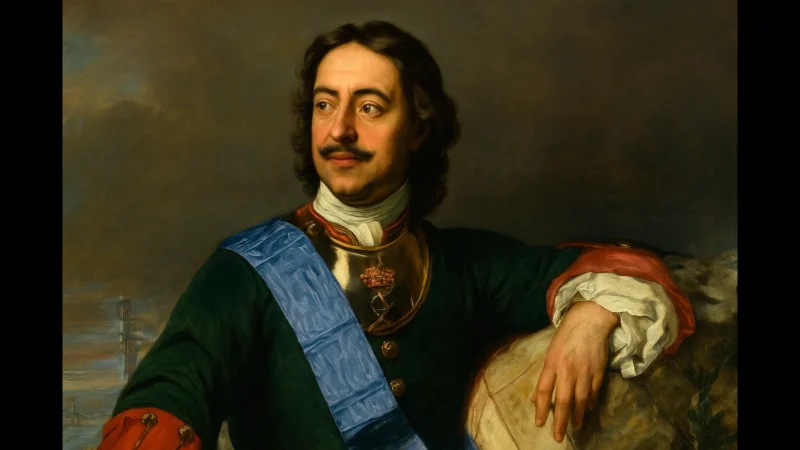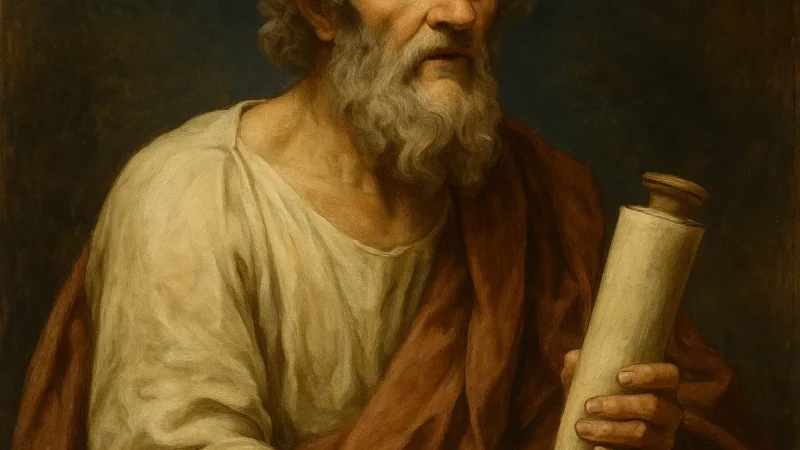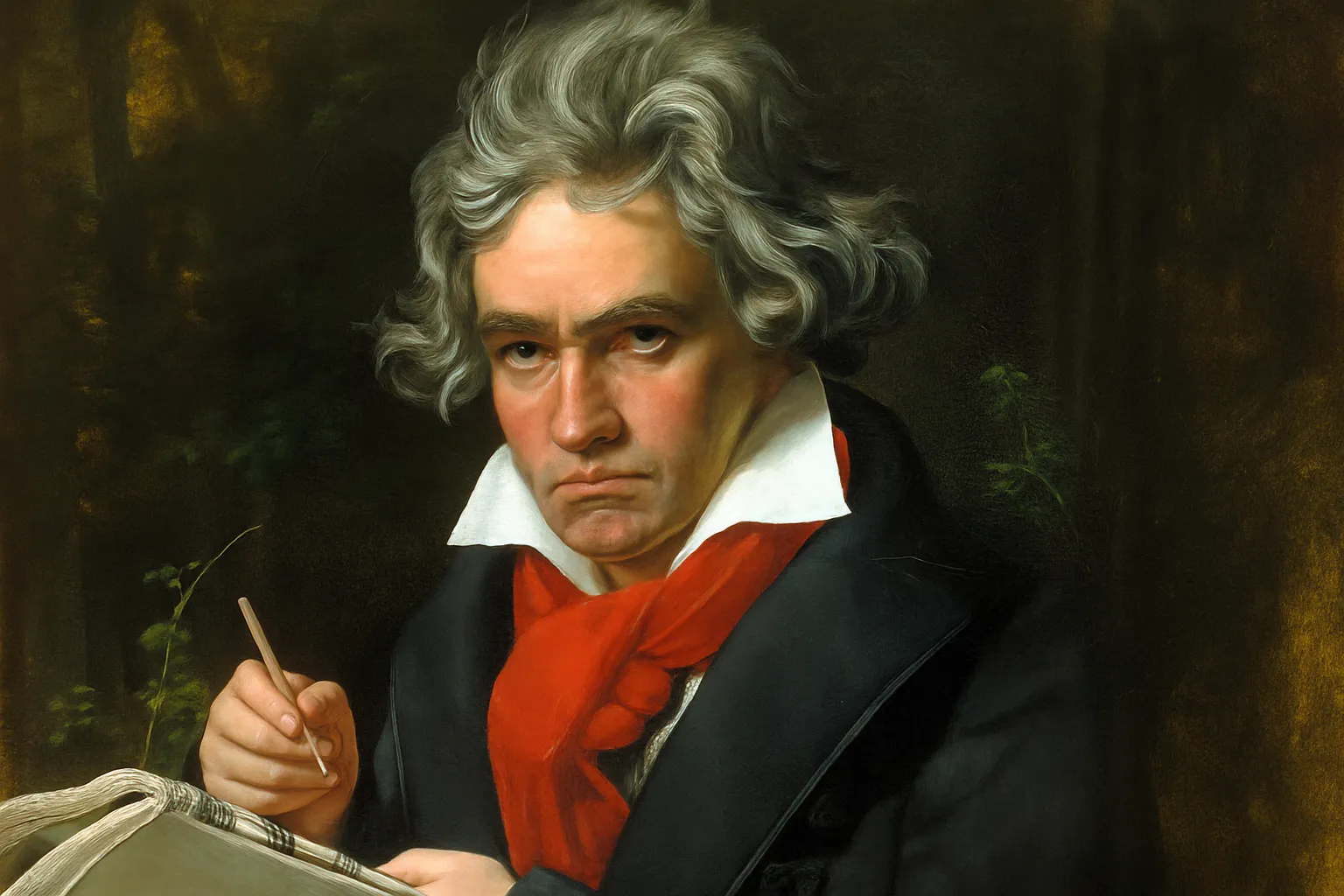Biography of Louis Pasteur: the father of modern microbiology
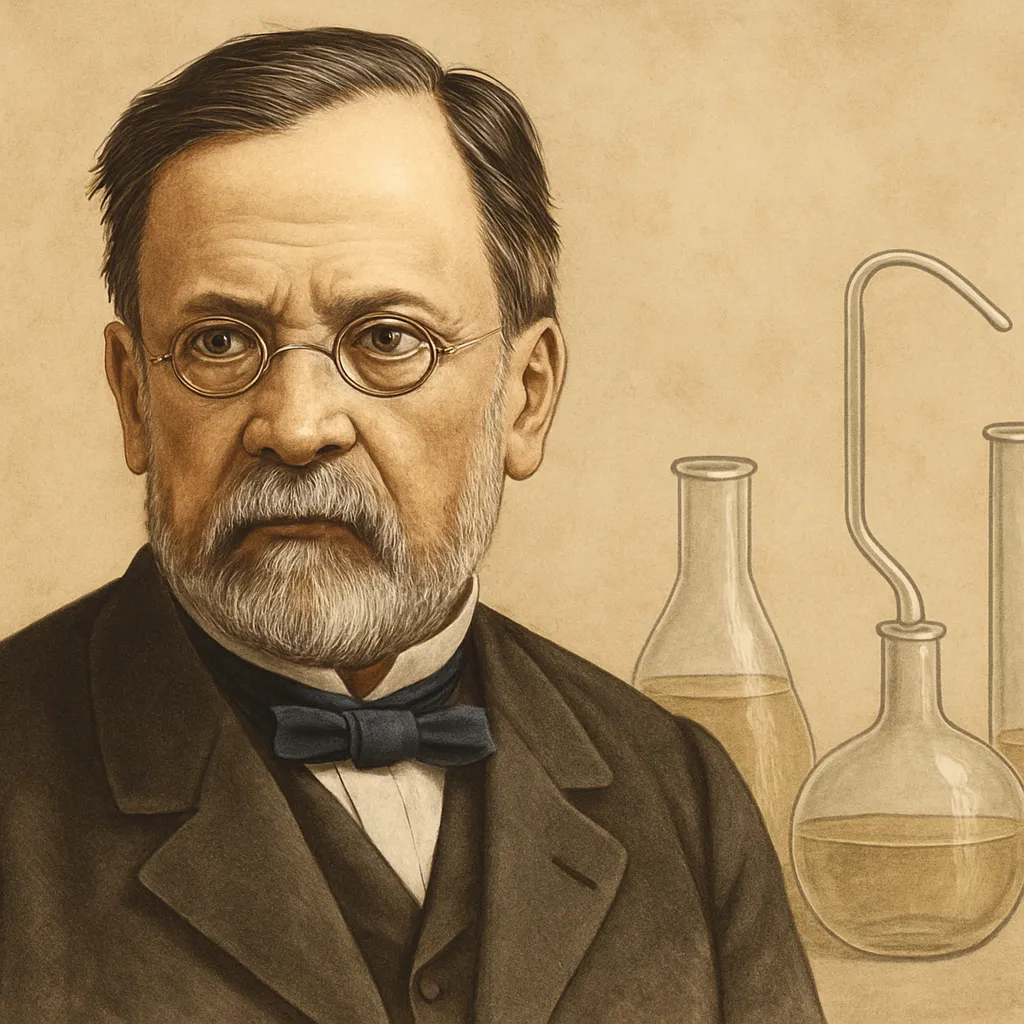
Louis Pasteur was one of the most influential scientists in history, whose research revolutionized medicine, microbiology, and the food industry. Through his discoveries on the germination of diseases, pasteurization, and the creation of vaccines, Pasteur saved millions of lives and changed the course of science and public health. His legacy remains fundamental in areas such as medicine, biotechnology, and microbiology.
Throughout his life, Pasteur demonstrated an insatiable curiosity and a commitment to science that led him to face both scientific and personal challenges. From his early studies on fermentation to the development of vaccines that saved lives, his work laid the foundation for modern biology. This article explores his life, his legacy, and his key discoveries.
Birth and Education
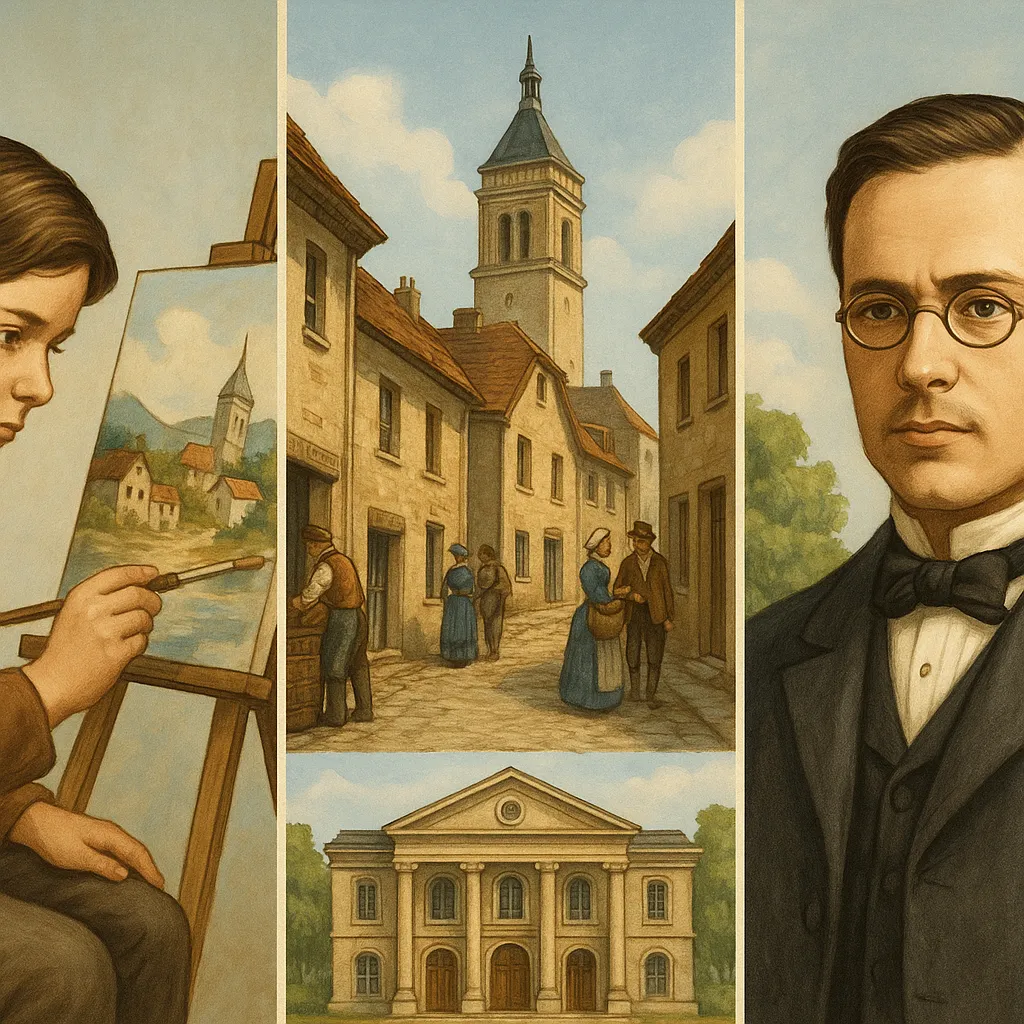
Louis Pasteur was born on December 27, 1822, in Dole, a city in the Burgundy region of France. He came from a humble family; his father, Jean Pasteur, was a tanner, and his mother, Jeanne Roqui, came from a farming family. From a young age, Pasteur showed exceptional talent for drawing and painting, but his true interest leaned towards the sciences. In his youth, he moved to the city of Lyon to study at high school and later continued his education at the École Normale Supérieure in Paris, one of France’s most prestigious educational institutions at the time.
During his years of training, Pasteur leaned towards physical and chemical sciences. His passion for science was nurtured by his mentor, chemist Jean-Baptiste Dumas, who guided him towards the field of organic chemistry. Though he initially considered dedicating himself to painting, Pasteur soon realized that science was his true calling.
In 1847, Pasteur graduated from the École Normale Supérieure with a degree in sciences and began working as a professor at the University of Strasbourg, where he quickly distinguished himself for his brilliance in research. It was during this period that he began to conduct research on fermentation, a field that would lead him to make fundamental discoveries in microbiology.
The Beginning of His Scientific Career
In the mid-19th century, the dominant theory about fermentation was that it occurred through a process of “spontaneous generation,” meaning that organic matter could generate life without any external source. However, Pasteur, who began studying fermentation, rejected this idea.
Pasteur devoted himself to researching the chemical process of fermentation in the context of alcohol and vinegar production. In 1857, he observed that yeast was responsible for the fermentation of wine and that this process was due to the action of microorganisms. This contradicted previous beliefs and showed for the first time that fermentation was a biological process mediated by living organisms. From these observations, Pasteur proposed that fermentation was caused by the activity of microorganisms, which marked a crucial point in modern biology.
In 1861, Pasteur published his germ theory, which held that microorganisms did not arise spontaneously, but were reproduced from other microorganisms. This completely refuted the theory of spontaneous generation and laid the groundwork for modern microbiology.
A Breakthrough in Food Safety
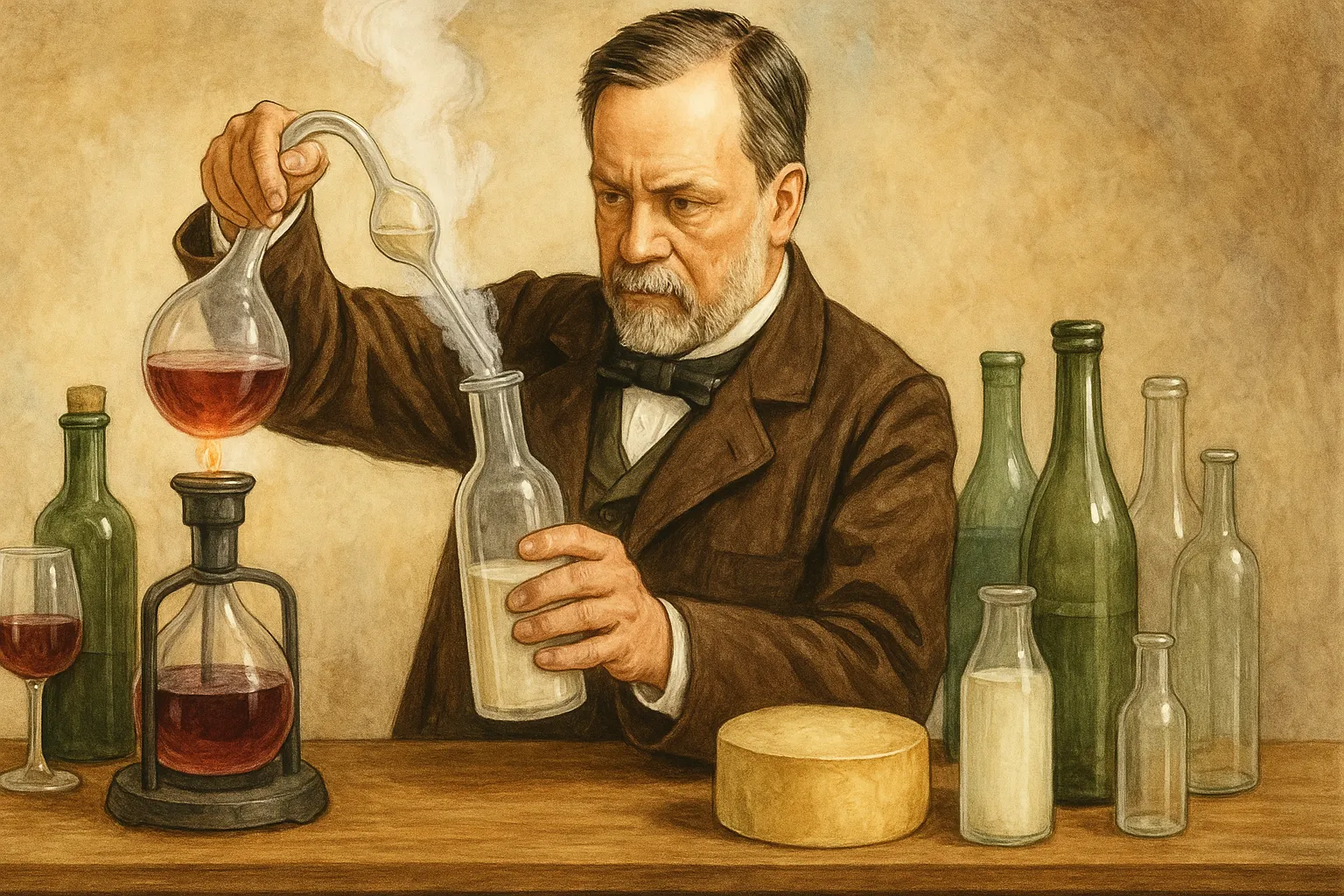
One of Pasteur’s most famous discoveries was the process of pasteurization, which transformed the food industry and revolutionized the way food was preserved. Pasteurization is a process in which food, particularly liquids like milk and wine, are heated to a specific temperature to kill harmful microorganisms without altering the food’s properties.
The concept arose when Pasteur began studying wine and beer in the 1860s. At that time, many dairy products and alcoholic beverages suffered from “spoiling” or “undesirable fermentations” caused by unwanted bacteria and yeasts. Pasteur discovered that by heating wine to 60°C for a short period, he could prevent spoilage without affecting its taste.
This process not only improved the quality and safety of food but also drastically reduced foodborne diseases. Pasteurization was quickly adopted by the food industry and became one of Pasteur’s most enduring contributions to public health.
A Leap Forward in Immunology
Another of Pasteur’s most significant achievements was the development of vaccines, a breakthrough that forever changed medicine and public health. In the 1870s, Pasteur began researching the causes of various infectious diseases, including rabies and avian cholera. Through his studies, Pasteur discovered that diseases were caused by specific microorganisms, and by weakening these pathogens, he could create a “vaccine” that would provide immunity to animals and, later, humans.
In 1879, Pasteur developed the first vaccine for avian cholera. This vaccine was effective in protecting birds from the disease and marked a milestone in the history of immunology. Later, Pasteur turned his attention to rabies, a viral disease that affected humans and animals. In 1885, Pasteur successfully developed a vaccine for rabies, which was successfully administered to a child who had been bitten by a rabid dog. This was a crucial advance in the fight against infectious diseases and demonstrated the power of vaccines to prevent fatal illnesses.
Impact on Science and Medicine
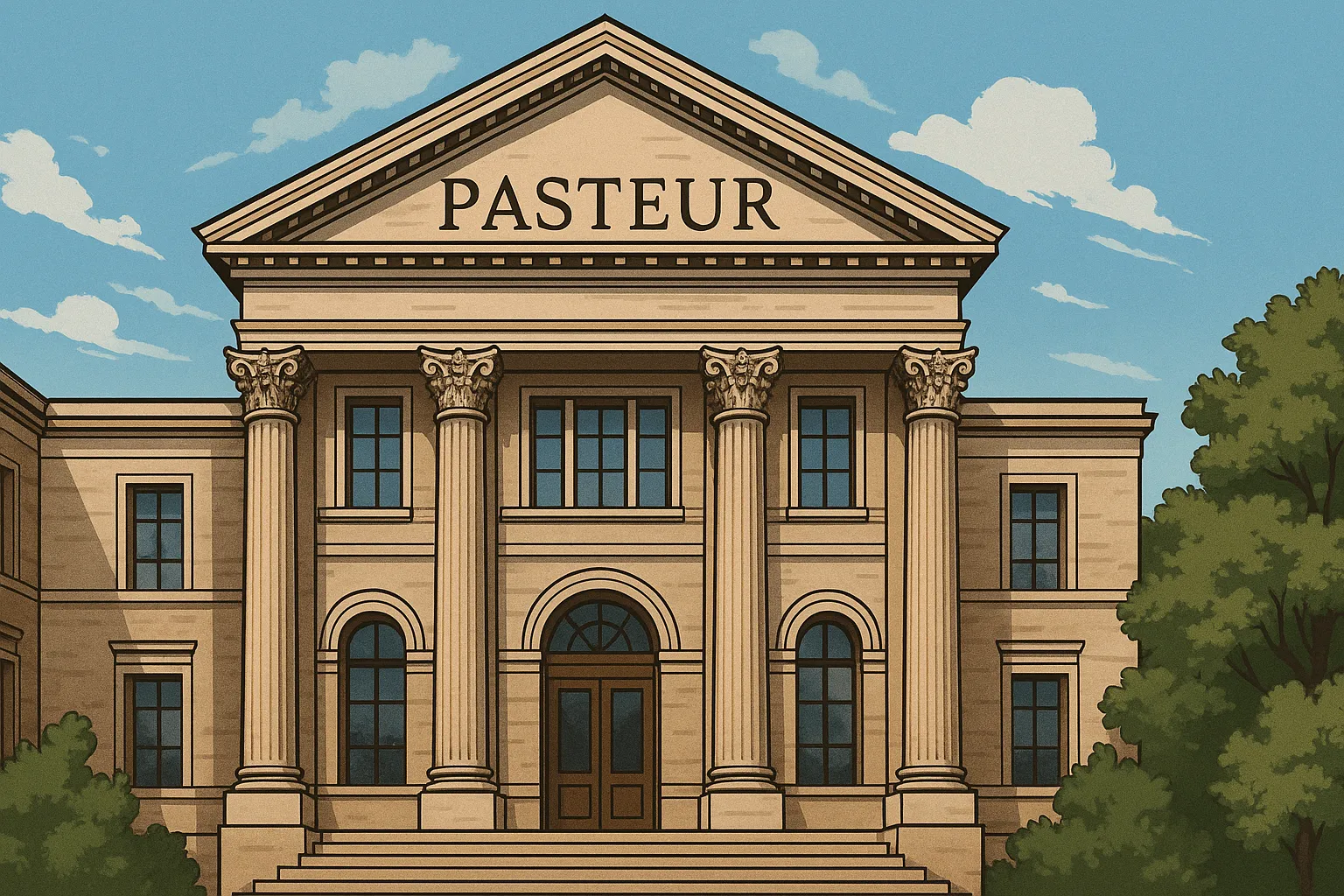
Louis Pasteur died on September 28, 1895, at the age of 72, but his legacy lives on. His contributions laid the foundation for the development of microbiology, biotechnology, and modern medicine. His work was fundamental in understanding how diseases spread and how to prevent them, and his advancements in vaccination have saved millions of lives over the years.
The Pasteur Institute in Paris, founded in 1887, is one of the world’s leading research centers in microbiology and medicine. Additionally, his germ theory and discoveries about fermentation have had a profound impact on a wide range of scientific disciplines, including biology, chemistry, medicine, and pharmacology.
Pasteur’s advancements also transformed the food industry. Pasteurization remains a fundamental process in the production of food and beverages, and his discovery has had a lasting impact on global food safety.
Recognition and Awards
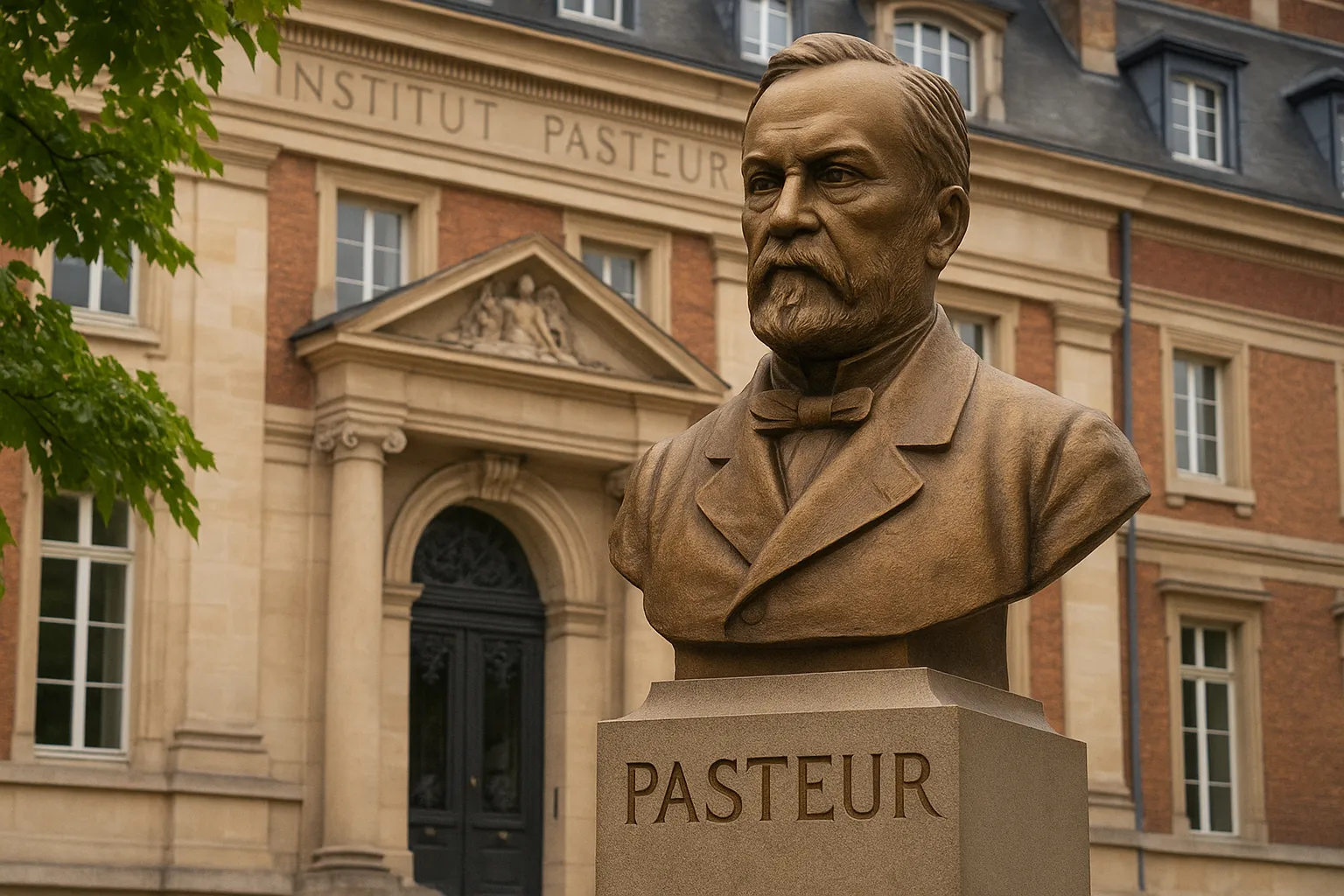
Throughout his life, Pasteur received numerous awards and honors for his scientific achievements. In 1873, he was elected a member of the French Academy of Sciences, and in 1888, he was appointed professor at the University of Lille. Despite his scientific success, Pasteur always remained humble and committed to improving public health and social welfare.
In recognition of his work in microbiology and medicine, many countries have honored him in various ways, including the creation of monuments, awards, and laboratories named after him.
Louis Pasteur was a pioneer whose research saved millions of lives and whose work remains foundational in modern medicine. His ability to look beyond traditional ideas and his insatiable scientific curiosity allowed him to make discoveries that transformed science and public health. Pasteurization, vaccination, and the germ theory are just some of his lasting contributions, and his legacy continues to thrive in every advancement made in the field of microbiology and medicine.
Louis Pasteur’s story is a testament to the power of scientific curiosity, perseverance, and dedication to human welfare. Thanks to his research, the modern world has made significant strides in the fight against diseases and in improving the quality of life, leaving an indelible mark on the history of science.

